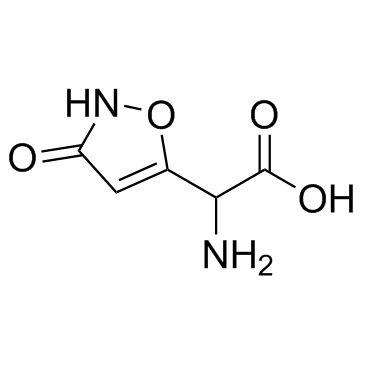| Structure | Name/CAS No. | Articles |
|---|---|---|
 |
Hydrochloric acid
CAS:7647-01-0 |
|
 |
Ibotenic acid
CAS:2552-55-8 |